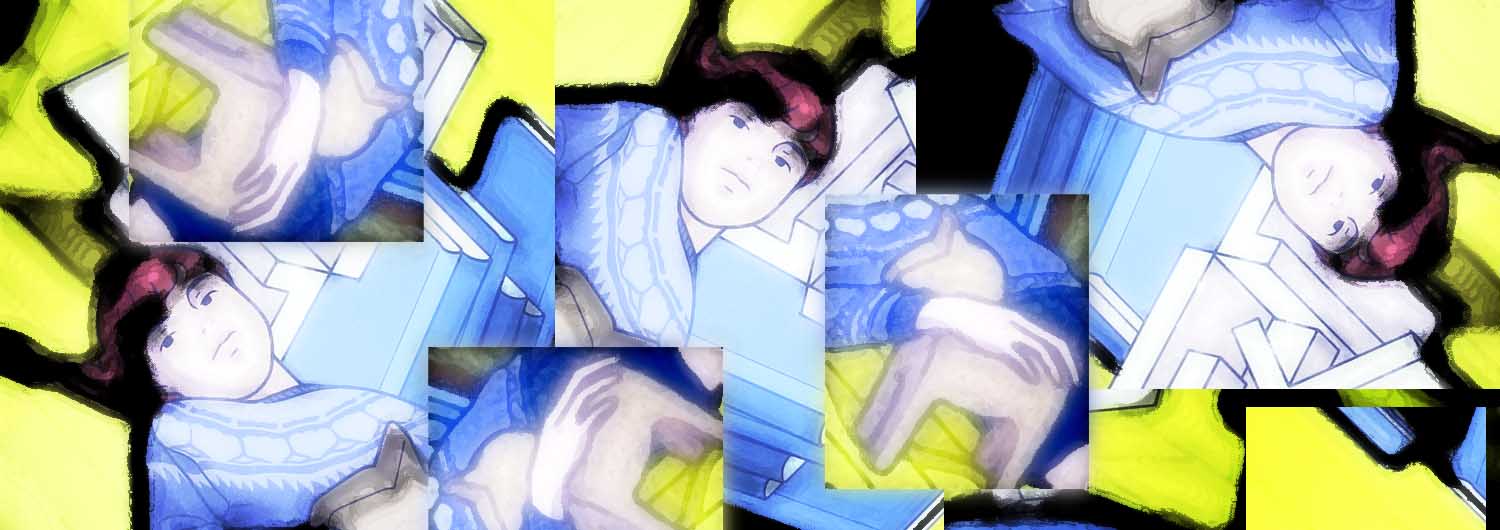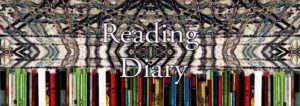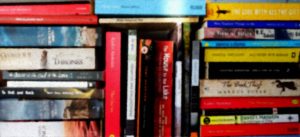My first reading diary entry for 2020 is all about 2019 looking back.
Resolutions kept and books enjoyed
I’ve written before about my loss of interest in reading and my joyful rediscovery of it over the last eight years. A couple of years ago I started resolving in January to read 50 books a year. This turned out to be one of the few New Year resolutions I’ve made that I’ve kept and continue to keep. Last year I read (and completed reading) 53 books.
Because I started the year physically in Ghana, I started my reading year with a collection of books by Ghanaian authors. The very first was Yaa Gyasi’s Homegoing, which remains one of my favourites from the year. It adds to the pleasure that the copy I bought in London before Mrs SC and I flew, and which we lost en route to Ghana, we were able to replace in the bookshop attached to Cape Coast Castle. I read it in its entirety on the homeward flight.
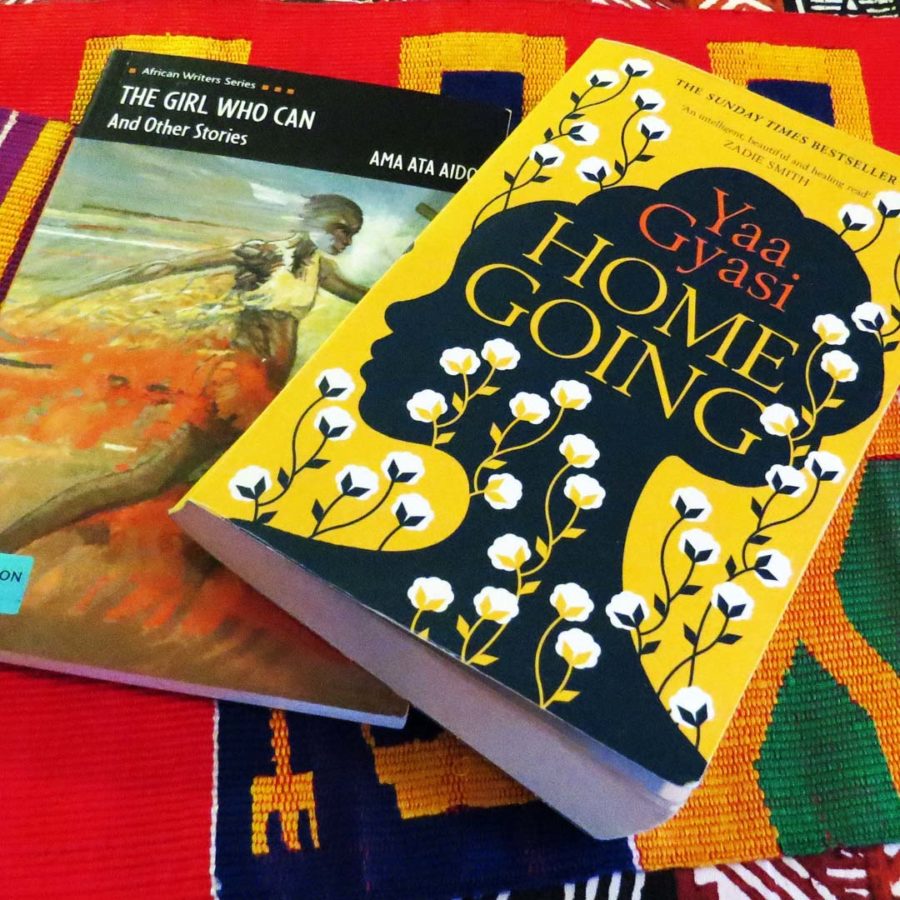
I finished 2019 with How to Be Both by Ali Smith, which I also enjoyed after a bit of effort getting into it.
It’s hard to put my finger on a single favourite book from the year, so I won’t try. Looking back, the new reads that I enjoyed the most were (apart from Homegoing) Ian McEwan’s The Children Act, Graham Swift’s Mothering Sunday, Danielle Dutton’s Margaret the First, The Constant Gardener by John Le Carré and Girl, Woman, Other by Bernadine Evaristo.
Re-reading Swift and Atwood
I also reread Graham Swift’s Waterland and Margaret Atwood’s The Handmaid’s Tale.
Mrs SC and I spent a very pleasant few days on the River Nene in a narrow boat in August, and rereading Waterland seemed the natural thing to do. It’s a very good book. Then I couldn’t read Atwood’s The Testaments without rereading The Handmaid’s Tale. It was a good thing I did so. While The Testaments is unquestionably well written, by comparison to The Handmaid’s Tale it’s rather flat. It suffers, I think, from being a sequel and pandering to the fan base The Handmaid’s Tale has attracted since being televised.
Had I been among the 2019 Booker Prize judges, I would not have shared the prize between Atwood and Evaristo. I would have given it without question only to Girl, Woman, Other.
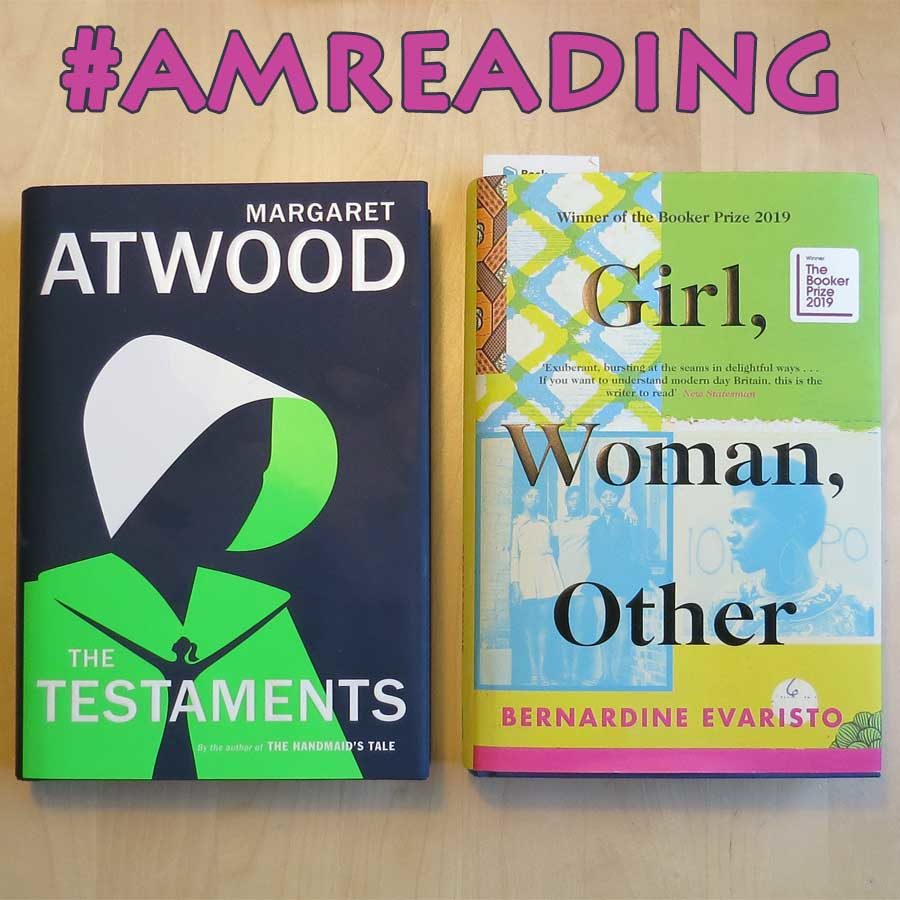
Unconsolable about writing
There was only one book I failed to read in 2019. I really tried. I read nearly half of Kazuo Ishiguro’s The Unconsoled – 250 pages – but I could not finish it. It is a bad dream that just goes on forever. It is masterfully written, of course, and seems to have a story in it that will take you somewhere eventually. But it doesn’t. It started to make me really depressed. Finally I flipped to the end and read the last few pages. No resolution that I could see, it just carried on. It was a great disappointment, not least because I’d spent so many hours on it.
Since Ishiguro won the 2017 Nobel Prize I’ve been trying to read or reread all his books, but this one defeated me. Wikipedia tells me The Unconsoled “has come to be generally regarded as one of Ishiguro’s best works.”
So that’s me put in my place then.
Apart from fiction, short stories and poetry, I also read a number of factual books. Two of these were about writing: Robert McKee’s Story and Ursula LeGuin’s Steering the Craft. Story has been on my radar for about five years now (and on my bookshelf for three). Finally, I read it. I understand why it’s popular and there’s a lot of value in it, but I remain sceptical about formula writing. I had more pleasure from reading Steering the Craft.
An African in Greenland and a child on the Tyne
The most interesting of the factual books were the biographies, and in particular An African in Greenland by Tété-Michel Kpomassie. Sometime in the late 1950s, a young boy in Ivory Coast reads a book about Greenland in his school’s library. He decides to go there. This is the account of how Tété-Michel Kpomassie achieved his ambition in stages, working his way from Africa to France, from France to Denmark, from Denmark to Greenland, and then lived in Greenland for at least a year, learning to hunt with the local people. It’s a fascinating observation of a colonial society in the Arctic by a colonial subject from Africa. It also interesting to set Kpomassie’s experience as an African coming to Europe in the 1960s beside media reports of Africans today trying to make the same journey.
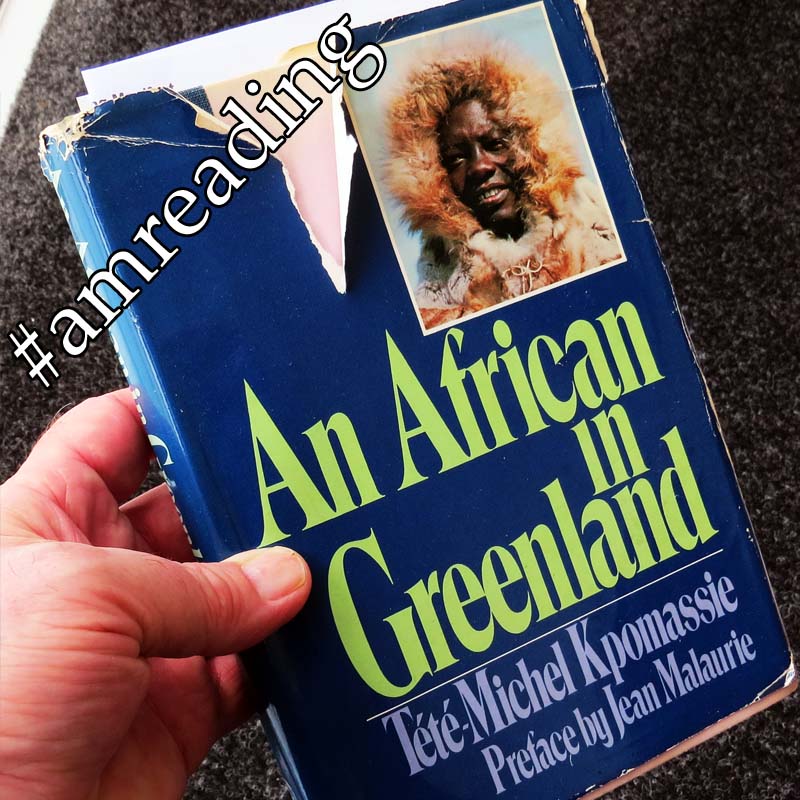
An African in Greenland was originally written in French and the volume I got to read, though published in the USA, turned out to have been translated by James Kirkup. When I was a student, 40 years ago, I discovered with pleasure Kirkup’s own Zen-inspired poetry. Now I went out online and found he had written an autobiography in two volumes about growing up on Tyneside. The first volume is The Only Child. I tracked it down and read it soon after An African in Greenland. Kirkup appears to have had an eidetic memory. I can’t really understand how anyone can remember things in as much detailed as he does from before his fifth birthday. He claims not to have done any research, but I’m sceptical. (He would probably call that typical for a southerner.)
Anglo-Swedish
The only other of the non-fiction books that stick in my mind is My European Family by Karin Bojs. Bojs, a Swedish science journalist, gets her DNA analysed in different ways and explores the genetic connections she has with other Europeans over a 50,000 year stretch of time reaching back to the arrival of Homo sapiens in Europe. I’m a bit cross with myself that I didn’t read it in the original Swedish. My excuse: I picked it up in a station bookshop before a long journey and the shop only had the English translation.
Six of last year’s books were in Swedish, though, and I’m quite pleased with that. I read more slowly in Swedish and more slowly still with some writers than others. I found Sara Stridsberg’s Kärlekens Antarktis (more or less Love’s Antarctic) – an account of a murder by the spirit of the murder victim – the slowest and most difficult. Henning Mankell’s book of autobiographical essays Kvicksand went most easily.
Perhaps the one I enjoyed the most, though was Jonas Hassen Khemeri’s Pappaklausulen (“The Daddy Clause“). In some respects this is a return to the theme of Khemeri’s second novel, Montecore. The relationship between an immigrant father who abandons his family to return to his homeland, but who is still drawn back to them. And about their relationship with him. There is a more positive resolution in Pappaklausulen. The father (now grandfather) gets the opportunity to redeem himself in relation to his grandchildren.
[April 2020: Khemiri’s homepage is announcing this book will be published in the USA and Britain as The Family Clause in a translation by Alice Menzies in the summer of 2020.]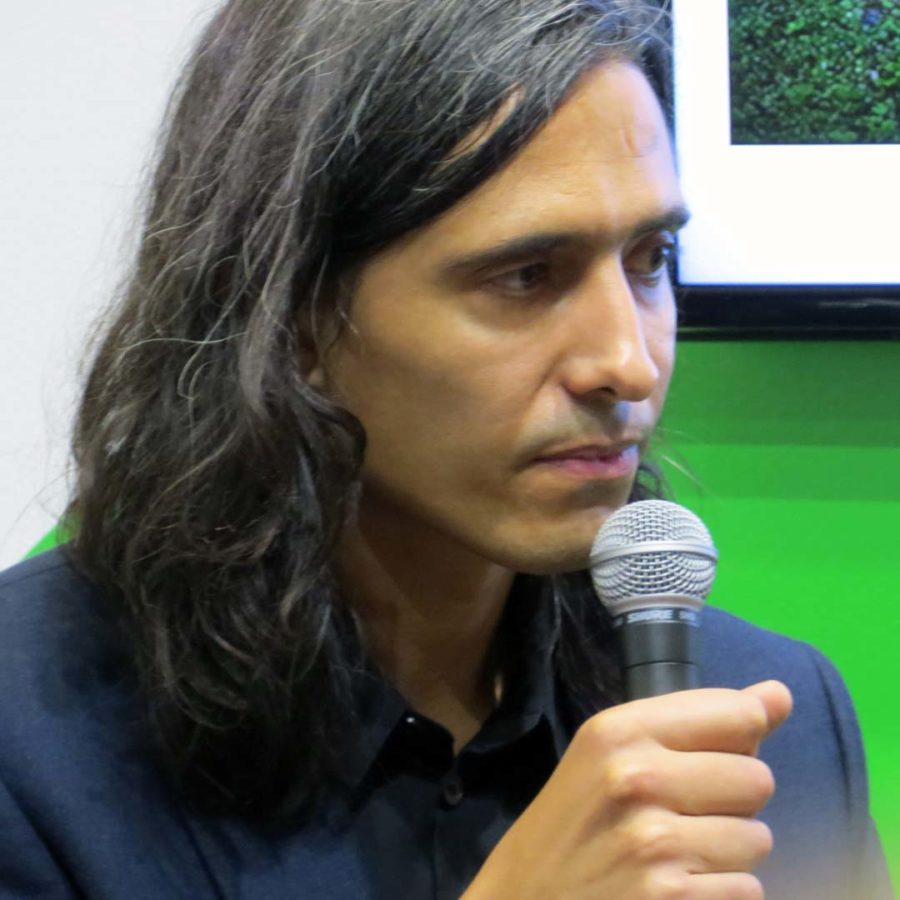
Balancing into the New Year
Looking through my notes I count 19 women writers against 21 male writers. Quite a good balance even though unintentional. I read three books by LeGuin, and two by each of Yoko Taweda, China Mieville, Graham Swift, Ali Smith, Margaret Atwood, Kate Atkinson, James Kirkup and Ann Cleeves. In no particular order. There were two anthologies (one collecting Korean literature in translation), six books of short stories by single authors one book of poetry, one book of plays. (See a complete list of my 2019 books.)
That was last year. I write this approaching the end of January. So far this month I have read four books and I am deep in John Yorke’s Into the Woods (about writing). So it looks like I am on course to hit my 50 book target for the year again. But it’s early days yet. There’s no point tempting fate by saying any more.

